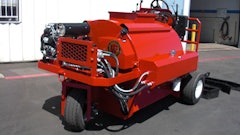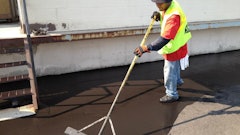Elsewhere in this issue of Pavement Maintenance & Reconstruction Magazine, Allan Heydorn reports on the first field sampling event undertaken by the National Institute of Occupational Safety and Health (NIOSH) for the NIOSH study of occupational exposures during application of refined coal tar-based sealant (RTS). The initial phase of the project is a pilot study. The goal of the pilot is to make sure that methods chosen to collect data are working the way they are supposed to, giving a representative picture of exposures without interfering with work practices. Pilot studies are conducted so that effective and appropriate data collection methods are used in the follow-on full study. This first instance of a NIOSH field team present on sealcoating work sites was a pilot study for STAR Inc., for the STAR crew that volunteered to participate, and for PCTC.
On learning about the planned study last year, PCTC members recognized it as an opportunity and” asked NIOSH to consider PCTC a “willing resource to draw on for information and assistance, including assistance in identifying and selecting companies and recruiting participants.” One part of PCTC’s role is to facilitate participation of companies in the NIOSH study. An important aspect of PCTC’s facilitation is making sure that the industry understands NIOSH’s goals, procedures, analytical methods, and interpretation of results. Another aspect is understanding what companies and applicator crews can expect when volunteering to participate in the NIOSH study.
STAR Inc. reports that, overall, its participation was a positive experience. NIOSH met with applicators and office personnel to explain the study and obtain what is called the “informed consent” of the team that will be followed by NIOSH during work activities, wearing the equipment and providing samples (for example, skin wipes and urine). These kinds of occupational studies are governed by strict privacy rules, and NIOSH explained how personal information will be kept confidential.
During the planning stage of the study in 2015, PCTC reviewed and submitted comments on the study protocol prepared by NIOSH. PCTC retained Dr. Mark Bookbinder to help members better understand and evaluate the NIOSH study. Dr. Bookbinder has decades of experience conducting occupational exposure studies as part of registration of pesticide products in the US and other countries. Studies conducted as part of product registrations are subject to rigorous scrutiny and review at every phase from project planning to protocol development to study implementation. During its review of the NIOSH protocol for the RTS study, PCTC learned that NIOSH appears to take a less formal approach. The first field sampling event of the NIOSH pilot study was thus a pilot study for PCTC as well. Dr. Bookbinder accompanied NIOSH and the STAR Inc. crew for 3 of the 4 days, asking questions and observing NIOSH activities. Dr. Bookbinder’s observations will be closely studied by PCTC, guiding member’s approach to participation.
If your company would consider participation in the NIOSH study in the future, please contact me at [email protected] .
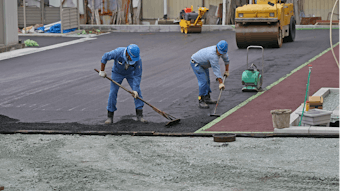


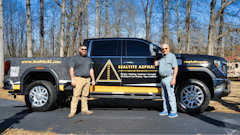
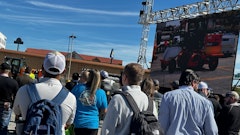
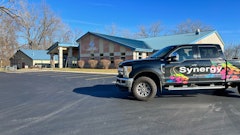

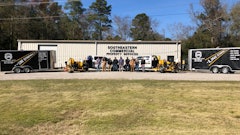








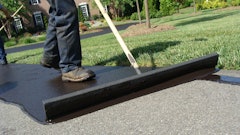
![Screen Shot 2023 01 04 At 5 23 30 Pm[35]](https://img.forconstructionpros.com/files/base/acbm/fcp/image/2023/01/Screen_Shot_2023_01_04_at_5.23.30_PM_35_.63bc42696de27.png?auto=format%2Ccompress&fit=crop&h=135&q=70&w=240)





